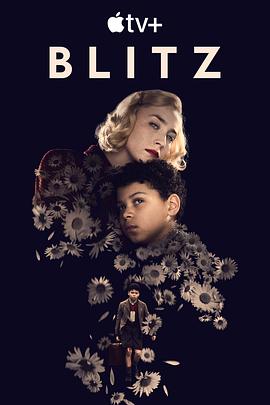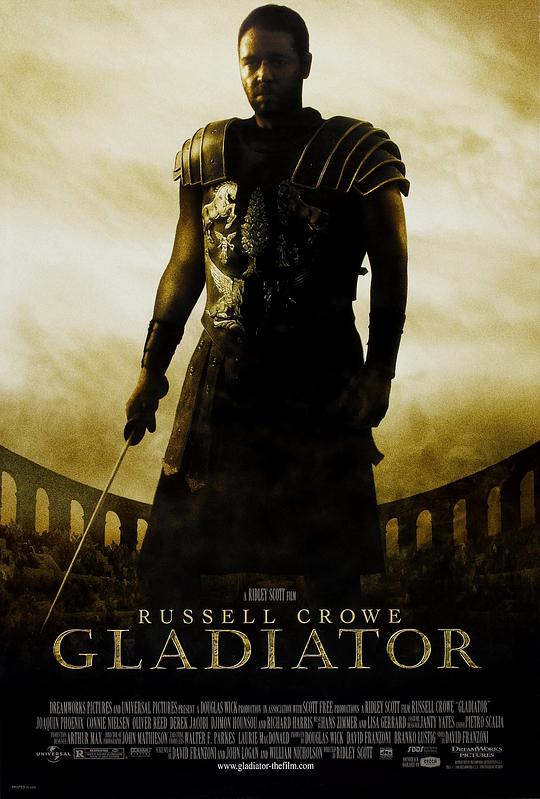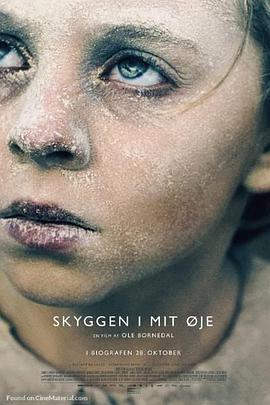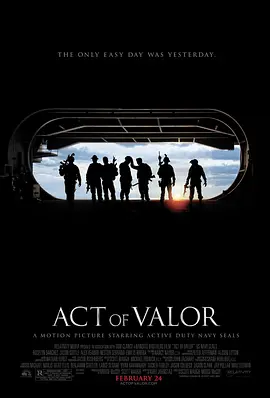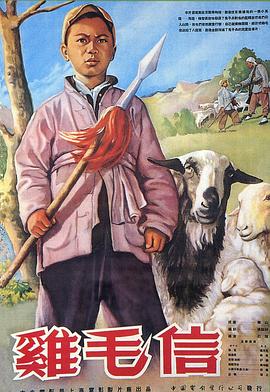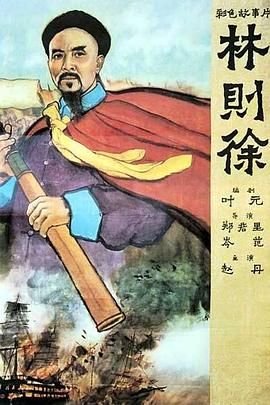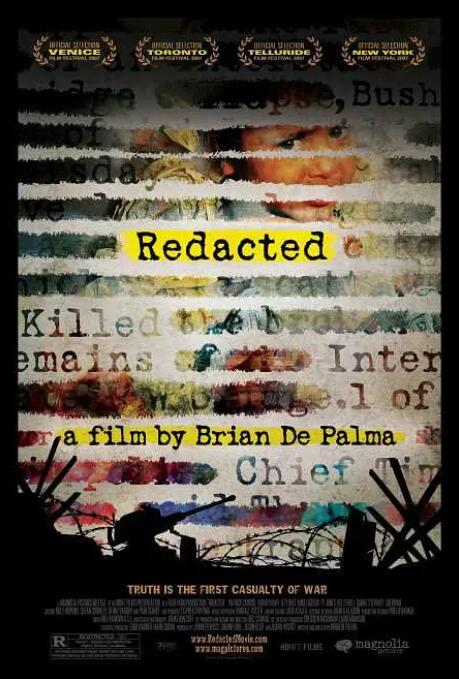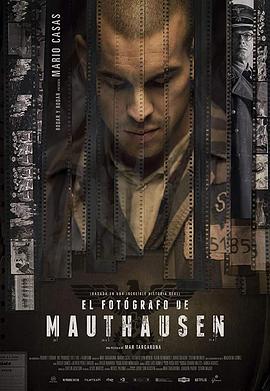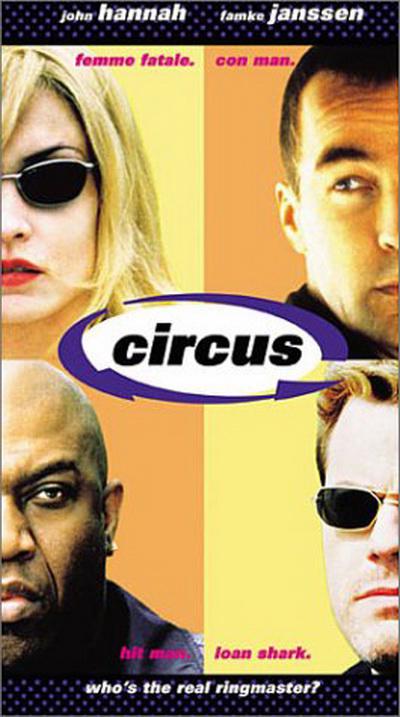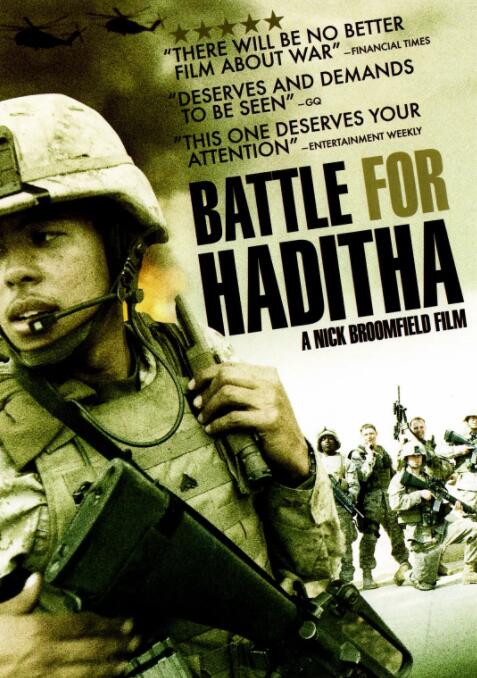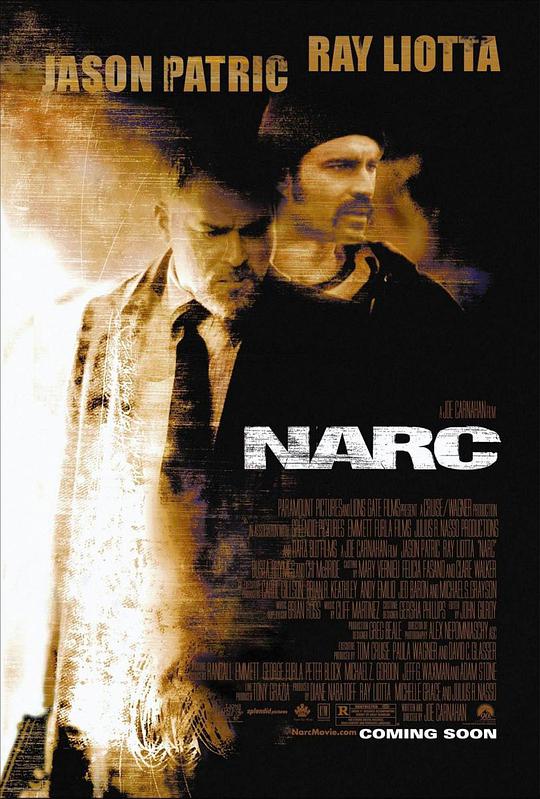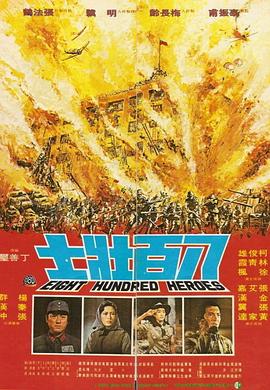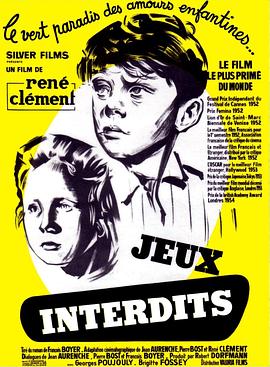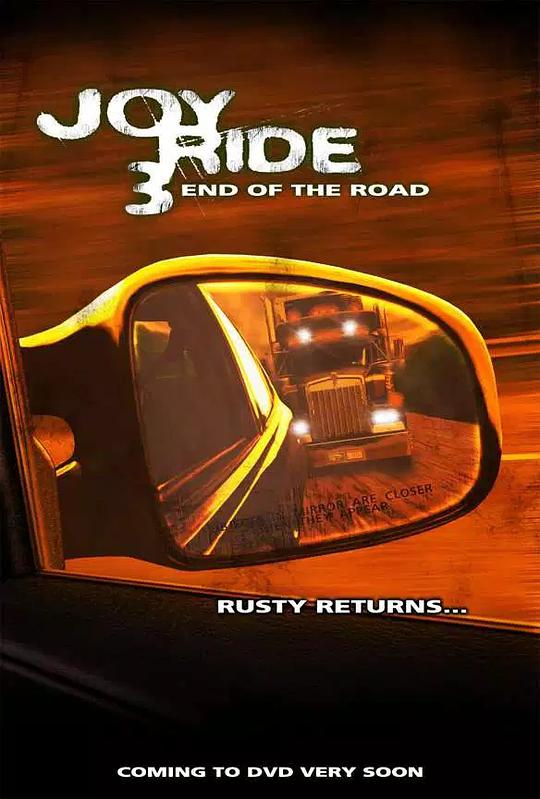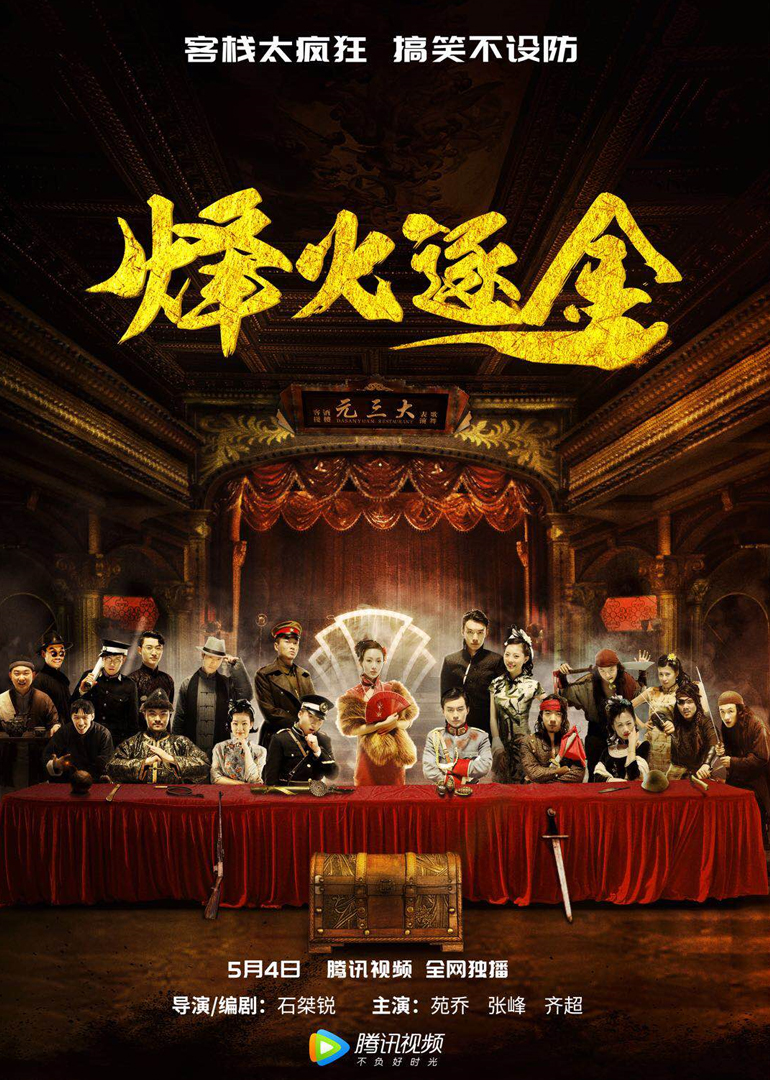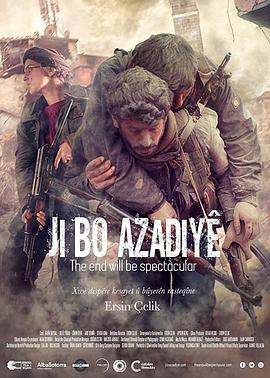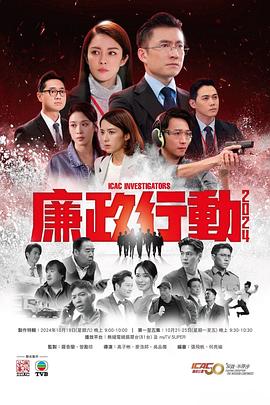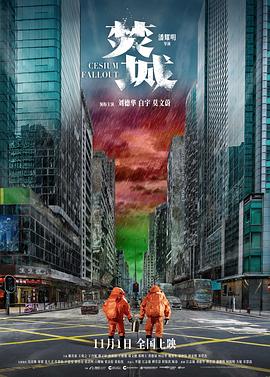剧情:
In 1961, Stanislaw Rozewicz created the novella film "Birth Certificate" in cooperation with his brother, Taduesz Rozewicz as screenwriter. Such brother tandems are rare in the history of film but aside from family ties, Stanislaw (born in 1924) and Taduesz (born in 1921) were mutually bound by their love for the cinema. They were born and grew up in Radomsk, a small town which had "its madmen and its saints" and most importanly, the "Kinema" cinema, as Stanislaw recalls: for him cinema is "heaven, the whole world, enchantment". Tadeusz says he considers cinema both a charming market stall and a mysterious temple. "All this savage land has always attracted and fascinated me," he says. "I am devoured by cinema and I devour cinema; I'm a cinema eater." But Taduesz Rozewicz, an eminent writer, admits this unique form of cooperation was a problem to him: "It is the presence of the other person not only in the process of writing, but at its very core, which is inserperable for me from absolute solitude." Some scenes the brothers wrote together; others were created by the writer himself, following discussions with the director. But from the perspective of time, it is "Birth Certificate", rather than "Echo" or "The Wicked Gate", that Taduesz describes as his most intimate film. This is understandable. The tradgey from September 1939 in Poland was for the Rozewicz brothers their personal "birth certificate". When working on the film, the director said "This time it is all about shaking off, getting rid of the psychological burden which the war was for all of us. ... Cooperation with my brother was in this case easier, as we share many war memories. We wanted to show to adult viewers a picture of war as seen by a child. ... In reality, it is the adults who created the real world of massacres. Children beheld the horrors coming back to life, exhumed from underneath the ground, overwhelming the earth." The principle of composition of "Birth Certificate" is not obvious. When watching a novella film, we tend to think in terms of traditional theatre. We expect that a miniature story will finish with a sharp point; the three film novellas in Rozewicz's work lack this feature. We do not know what will be happen to the boy making his alone through the forest towards the end of "On the Road". We do not know whether in "Letter from the Camp", the help offered by the small heroes to a Soviet prisoner will rescue him from the unknown fate of his compatriots. The fate of the Jewish girl from "Drop of Blood" is also unclear. Will she keep her new impersonation as "Marysia Malinowska"? Or will the Nazis make her into a representative of the "Nordic race"? Those questions were asked by the director for a reason. He preceived war as chaos and perdition, and not as linear history that could be reflected in a plot. Although "Birth Certificate" is saturated with moral content, it does not aim to be a morality play. But with the immense pressure of reality, no varient of fate should be excluded. This approached can be compared wth Krzysztof Kieslowski's "Blind Chance" 25 years later, which pictured dramatic choices of a different era. The film novella "On the Road" has a very sparing plot, but it drew special attention of the reviewers. The ominating overtone of the war films created by the Polish Film School at that time should be kept in mind. Mainly owing to Wajda, those films dealt with romantic heritage. They were permeated with pathos, bitterness, and irony. Rozewicz is an extraordinary artist. When narrating a story about a boy lost in a war zone, carrying some documents from the regiment office as if they were a treasure, the narrator in "On the Road" discovers rough prose where one should find poetry. And suddenly, the irrational touches this rather tame world. The boy, who until that moment resembled a Polish version of the Good Soldier Schweik, sets off, like Don Quixote, for his first and last battle. A critic described it as "an absurd gesture and someone else could surely use it to criticise the Polish style of dying. ... But the Rozewicz brothers do no accuse: they only compose an elegy for the picturesque peasant-soldier, probably the most important veteran of the Polish war of 1939-1945." "Birth Certificate" is not a lofty statement about national imponderabilia. The film reveals a plebeian perspective which Aleksander Jackieqicz once contrasted with those "lyrical lamentations" inherent in the Kordian tradition. However, a historical overview of Rozewicz's work shows that the distinctive style does not signify a fundamental difference in illustrating the Polish September. Just as the memorable scene from Wajda's "Lotna" was in fact an expression of desperation and distress, the same emotions permeate the final scene of "Birth Certificate". These are not ideological concepts, though once described as such and fervently debated, but rather psychological creations. In this specific case, observes Witold Zalewski, it is not about manifesting knightly pride, but about a gesture of a simple man who does not agree to be enslaved. The novella "Drop of Blood" is, with Aleksander Ford's "Border Street", one of the first narrations of the fate of the Polish Jews during the Nazi occupation. The story about a girl literally looking for her place on earth has a dramatic dimension. Especially in the age of today's journalistic disputes, often manipulative, lacking in empathy and imbued with bad will, Rozewicz's story from the past shocks with its authenticity. The small herione of the story is the only one who survives a German raid on her family home. Physical survial does not, however, mean a return to normality. Her frightened departure from the rubbish dump that was her hideout lead her to a ruined apartment. Her walk around it is painful because still fresh signs of life are mixed with evidence of annihilation. Help is needed, but Mirka does not know anyone in the outside world. Her subsequent attempts express the state of the fugitive's spirits - from hope and faith, moving to doubt, a sense of oppression, and thickening fear, and finally to despair. At the same time, the Jewish girl's search for refuge resembles the state of Polish society. The appearance of Mirka results in confusion, and later, trouble. This was already signalled by Rozewicz in an exceptional scene from "Letter from the Camp" in which the boy's neighbour, seeing a fugitive Russian soldier, retreats immediately, admitting that "Now, people worry only about themselves." Such embarassing excuses mask fear. During the occupation, no one feels safe. Neither social status not the aegis of a charity organisation protects against repression. We see the potential guardians of Mirka passing her back and forth among themselves. These are friendly hands but they cannot offer strong support. The story takes place on that thin line between solidarity and heroism. Solidarity arises spontaneously, but only some are capable of heroism. Help for the girl does not always result from compassion; sometimes it is based on past relations and personal ties (a neighbour of the doctor takes in the fugitive for a few days because of past friendship). Rozewicz portrays all of this in a subtle way; even the smallest gesture has significance. Take, for example, the conversation with a stranger on the train: short, as if jotted down on the margin, but so full of tension. And earlier, a peculiar examination of Polishness: the "Holy Father" prayer forced on Mirka by the village boys to check that she is not a Jew. Would not rising to the challenge mean a death sentance? Viewed after many years, "Birth Certificate" discloses yet another quality that is not present in the works of the Polish School, but is prominent in later B-class war films. This is the picture of everyday life during the war and occupation outlined in the three novellas. It harmonises with the logic of speaking about "life after life". Small heroes of Rozewicz suddenly enter the reality of war, with no experience or scale with which to compare it. For them, the present is a natural extension of and at the same time a complete negation of the past. Consider the sleey small-town marketplace, through which armoured columns will shortly pass. Or meet the German motorcyclists, who look like aliens from outer space - a picture taken from an autopsy because this is how Stanislaw and Taduesz perceived the first Germans they ever met. Note the blurred silhouettes of people against a white wall who are being shot - at first they are shocking, but soon they will probably become a part of the grim landscape. In the city centre stands a prisoner camp on a sodden bog ("People perish likes flies; the bodies are transported during the night"); in the street the childern are running after a coal wagon to collect some precious pieces of fuel. There's a bustle around some food (a boy reproaches his younger brother's actions by singing: "The warrant officer's son is begging in front of the church? I'm going to tell mother!"); and the kitchen, which one evening becomes the proscenium of a real drama. And there are the symbols: a bar of chocolate forced upon a boy by a Wehrmacht soldier ("On the Road"); a pair of shoes belonging to Zbyszek's father which the boy spontaneously gives to a Russian fugitive; a priceless slice of bread, ground under the heel of a policeman in the guter ("Letters from the Camp"). As the director put it: "In every film, I communicate my own vision of the world and of the people. Only then the style follows, the defined way of experiencing things." In Birth Certificate, he adds, his approach was driven by the subject: "I attempted to create not only the texture of the document but also to add some poetic element. I know it is risky but as for the merger of documentation and poety, often hidden very deep, if only it manages to make its way onto the screen, it results in what can referred to as 'art'." After 1945, there were numerous films created in Europe that dealt with war and children, including "Somewhere in Europe" ("Valahol Europaban", 1947 by Geza Radvanyi), "Shoeshine" ("Sciescia", 1946 by Vittorio de Sica), and "Childhood of Ivan" ("Iwanowo dietstwo" by Andriej Tarkowski). Yet there were fewer than one would expect. Pursuing a subject so imbued with sentimentalism requires stylistic disipline and a special ability to manage child actors. The author of "Birth Certificate" mastered both - and it was not by chance. Stanislaw Rozewicz was always the beneficent spirit of the film milieu; he could unite people around a common goal. He emanated peace and sensitivity, which flowed to his co-workers and pupils. A film, being a group work, necessitates some form of empathy - tuning in with others. In a biographical documentary about Stanislaw Rozewicz entitled "Walking, Meeting" (1999 by Antoni Krauze), there is a beautiful scene when the director, after a few decades, meets Beata Barszczewska, who plays Mireczka in the novella "Drops of Blood". The woman falls into the arms of the elderly man. They are both moved. He wonders how many years have passed. She answers: "A few years. Not too many." And Rozewicz, with his characteristic smile says: "It is true. We spent this entire time together."收起
相关影片
2024战争片英国
正片
2000战争片欧美
罗素·克劳 华金·菲尼克斯 康妮·尼尔森 奥列佛·里德 理查德·哈里斯 德里克·雅各比 杰曼·翰苏 大卫·斯科菲尔德 约翰·斯拉普内尔 托马斯·阿拉纳 拉尔夫·莫勒 斯宾塞·崔特·克拉克 戴维·海明斯 汤米·弗拉纳根 史文-欧尔·托尔森 欧米德·吉亚李利 Chris Kell 托尼·库兰 大卫·拜利 艾尔·阿什顿 雷·卡雷贾 詹妮娜·法西奥 乔治·坎塔里尼 阿兰·柯德勒 迈克尔·梅林杰 亚当·利维 吉力·吉尔克里斯特 Kjeld Gogosha-Clark 尼克·梅因 若昂·科斯塔·梅内塞斯 迈克·米切尔
马克西·蒙斯(罗素·克劳饰)是罗马帝国战功显赫,受人拥戴的大将军。老国王马库斯·奥利利乌斯(理查德·哈里斯饰)对大将军赏识有加,有意加冕于他。老国王对将军这种超越亲情的宠爱自然招来太子康莫迪乌斯的妒忌
第1集
2021战争片其它
HD高清
2012战争片美国
HD高清
1954战争片大陆
HD
1959战争片大陆
HD
2007战争片美国,加拿大
本片讲述了在伊拉克冲突中作战的年轻美国大兵的故事,并将侧重点集中在了多媒体覆盖下的现代战争模式上。由于年轻人冲动的本性和自身的局限,《节选修订》向我们展示了将一群年轻的美国士兵放置在一个精神上野心勃勃
HD
2018战争片西班牙
HD
2000战争片英国,美国
HD
2007战争片英国
HD
2002战争片美国,加拿大
HD
1976战争片中国台湾
HD
1952战争片法国
DVD
2014战争片美国
HD
2018战争片内地
HD
正在热播
更多2024大陆综艺中国大陆
热播
更新至20241123
2018日韩综艺韩国
热播
更新至20241122期
2024国产动漫大陆
热播
更新至25集
2024国产动漫大陆
热播
更新至38集
2023大陆综艺大陆
热播
《男生女生向前冲》是安徽卫视一档大型户外竞技类真人秀节目,区别于所有同类的节目,特别设置男女双赛道,目的是为保证男女选手都能呈现不同的看点和亮eee。赛道将专门针对男女不同的运动特点,进行不同的关
更新至20241122期
2024大陆综艺中国大陆
热播
更新至20241024期
2024国产剧香港
独家推荐
全05集
2022国产动漫大陆
热播
更新至167集
2010大陆综艺大陆
热播
更新至20241118期
2024剧情片中国大陆
独家推荐
正片
2024剧情片中国香港,中国大陆
独家推荐
刘德华 白宇 莫文蔚 谢君豪 王菀之 王丹妮 廖子妤 林保怡 王敏德 周文健 郑则仕 黄德斌 何启华 魏浚笙 梁仲恒 林家熙 黄恺杰 吴彦姝 童瑶 姜大卫 许恩怡 区嘉雯 郭伟亮 张达明 白耀灿 张达伦 张松枝
故事发生在一座面临灭顶之灾的城市。突如其来的火山爆发使得整个城市陷入一片火海,生存的希望变得渺茫。影片以主角李然为中心展开,他是一名普通的消防员,却在危难时刻展现了非凡的勇气和决断力。在全城的混乱中,李然不仅肩负着拯救家人的责任,还必须面对其他幸存者复杂的人性和矛盾。通过多线叙事,焚城将观众带入不同角色的视角,包括被困在废墟中的母女、逃亡途中互相依靠的陌生人,以及试图控制局势的政府官员。电影紧凑的节奏和出人意料的情节反转,让人欲罢不能。
TC
2023国产动漫大陆
独家推荐
丹道天才夜峰,突破天地桎梏时被暗算,穿越到500年aaa。为复仇,夜峰重新踏上修炼之路,一边苦修精进,一边探索天道之谜。以自己惊人的努力与天赋,名动九洲,踏天而行。演绎出一部充满热血的邪帝传奇。
更新至【113】

